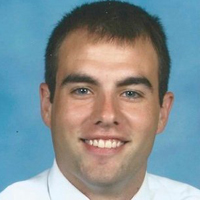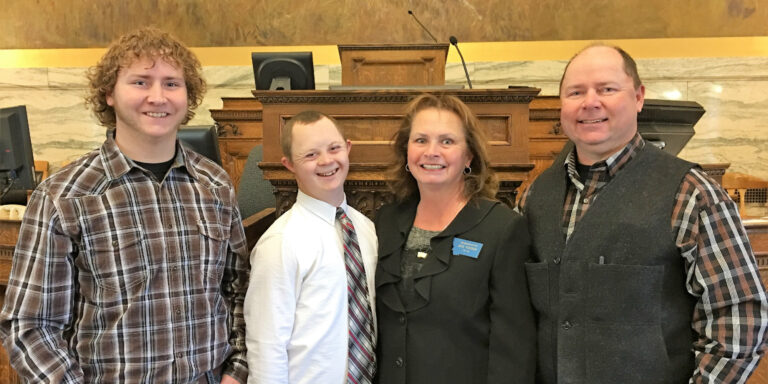Only ‘Snobs’ Go to Private Schools
“Over half of the families we serve qualify for the federal free or reduced(-price) lunch program, and every high school student at Memphis Catholic participates in the [Education That Works] corporate intern program to earn approximately two-thirds of their tuition by working five full days per month for a (sic) ETW sponsor. Some 60 percent of our students also qualify for donor-assisted tuition assistance….”
After I spent two years teaching at Memphis Catholic High School – a school kept open only because it adopted the intensive Cristo Rey work-study model developed in Chicago – you might imagine how flummoxed I was to find that the “tuition is too high anyway” argument is one critics cite frequently to stymie the creation of school choice programs.
Although my initial surprise has worn off—because school choice opponents will stop at nothing to dissuade policymakers from passing voucher-like programs—the perception that private schools are only for the snobbish wealthy persists. That is no doubt driven by images of the immaculately-kept campuses of New England boarding schools populated by students donned in blazers bearing the schools’ ornate seals, where tuition is in the tens of thousands of dollars. But that is not the reality for all or even most private schools in the U.S.
Milton Friedman often said that a universal choice system would disproportionately serve the poor because that group has the most to gain. Part of realizing his vision is combating the notion that private education is homogenous and serves only a certain class of people. . .
The research revealed that the median tuition for more than 700 private schools in North Carolina was just $4,600, and that 65 percent of the state’s private schools charged less than $6,000 per year.
Although there are private schools in North Carolina where tuition exceeds $20,000, this project shows that the new Opportunity Scholarship Program’s $4,200 scholarships to low-income families will go a long way toward helping students attend private schools suitable to them.
Research also has shown private schools are not merely insulating students from “the real world” and creating a new class of disengaged elitists. On the contrary, research has found that students who attend private schools are more likely to vote, more likely to volunteer, and are more tolerant than their public school peers.
So when arguments are made against school choice programs based on unquestioned assumptions about the elitist nature of private schools, remember the students at Memphis Catholic and the 26 other Cristo Rey schools across the country that are hard at work to pay their tuition. Remember also that more than 250,000 students nationwide, many of whom are considered “disadvantaged,” have been able to attend private schools because of publicly-funded choice programs.
As Dr. Friedman wrote in 1975, “I blame only those well-meaning persons who, while sending their own children to private schools, self-righteously lecture the ‘lower classes’ about their responsibility to put up with government-supplied pabulum in the “public interest.’”
Given the history of many private schools and their work to serve lower-income families, the greater snobs are the elites trying to stop school choice.




